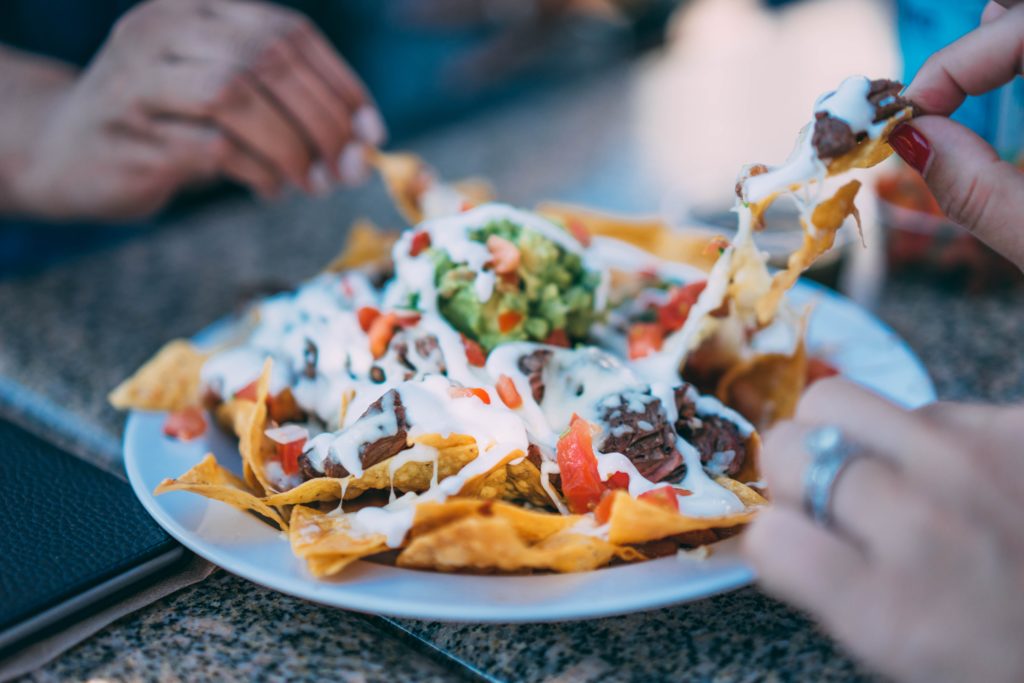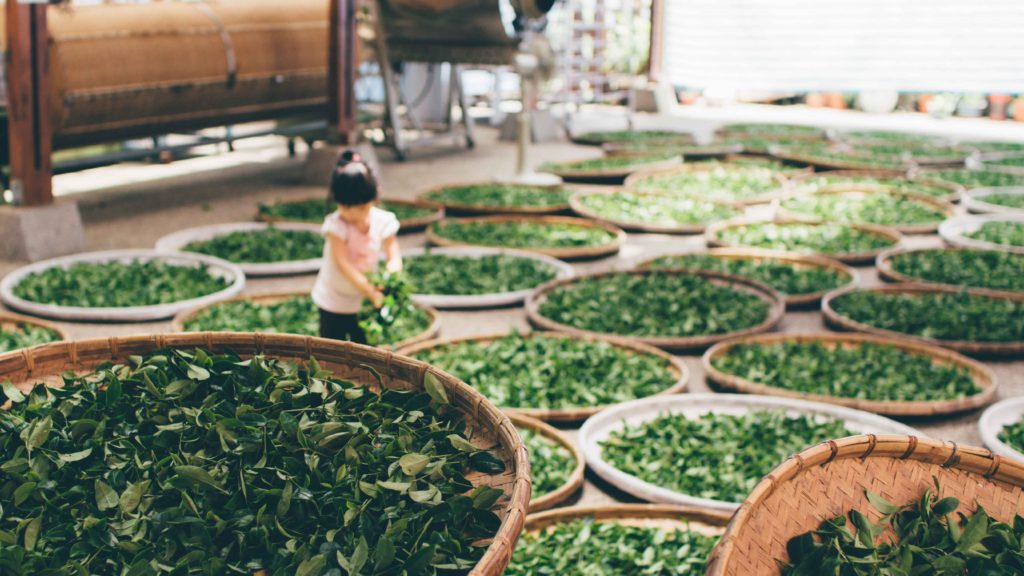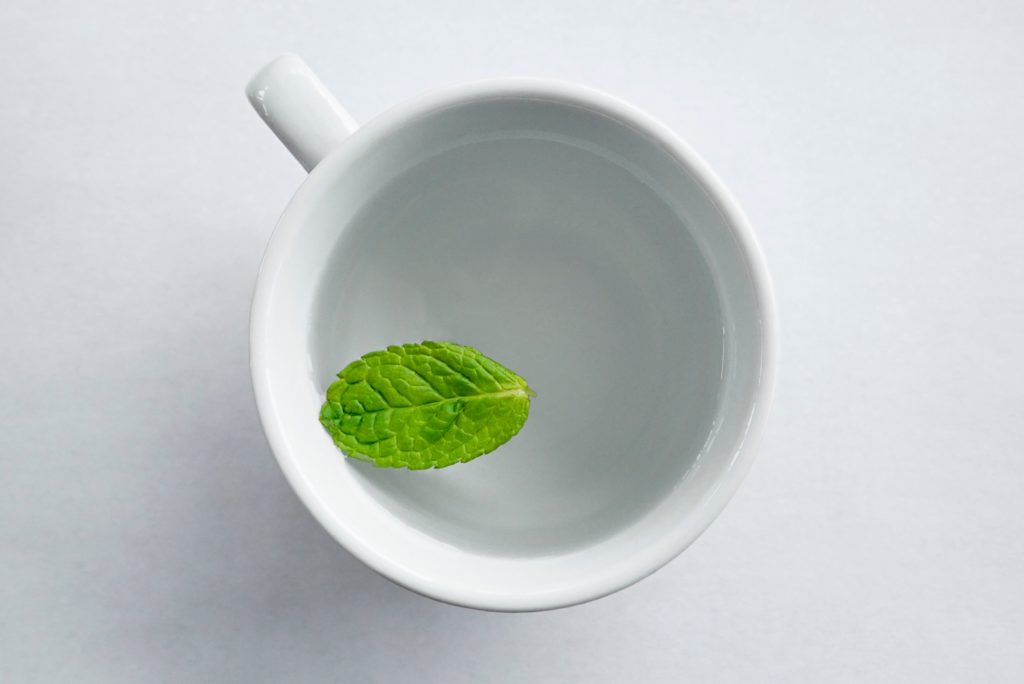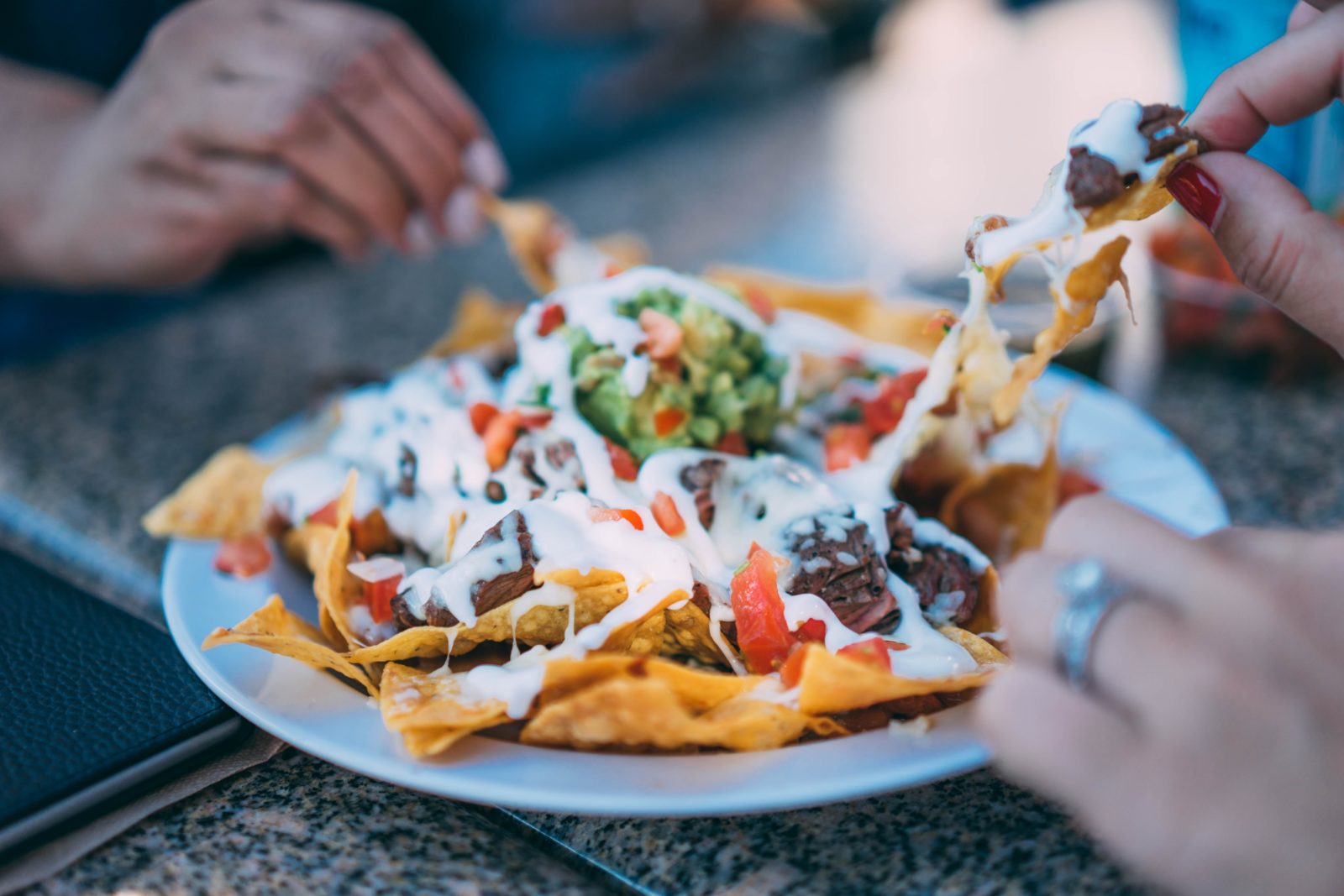
The Super Bowl is about more than just the game on TV — it’s also about feasting. Turn to digestive tea the day (and maybe even days) after for relief
Teas in China are used to help with a variety of health conditions and problems, from low energy to obesity to sleep.
Aiding digestion counts as another reason to drink tea. In China, people rely upon tea to help their bodies adjust to the plate of dumplings, the bowl of congee, the Sichuan stir-fried pork.
With Super Bowl Sunday nearly here, we think it’s time to share some of tea tips for digestion. Mountains of nachos. Buckets of fried wings. Platters of ribs. Pitchers of beer. Cartons of ice cream threaded with caramel and marshmallow, and layered with crushed Oreos.
Yeah — you will need some help with digestion for days after the big game.

Teas For Digestion Touchdowns
Pu-erh: The fermented tea that boosts digestion
It took awhile. But during the past 10 years the good news about fermented foods finally began infiltrating the mainstream. Today, fermentation is hot. And one of fermentation’s principle benefits is its digestive powers.
Tea isn’t a fermented product, with one exception: pu-erh. We carry a wide range of pu-erh teas at Ku Cha. Each of them will help your poor stomach deal with the post-Super Bowl blues.
Pu-erh stands as one of the most unusual Chinese teas. Artisans in the Yunnan Province in Southwest China take green tea, run it through a variety of different processes (depending on what style of pu-erh they seek), and then ferment the tea. Often, the tea is formed into cakes prior to fermentation.
We carry both “ripe” and “raw” pu-erh.
Raw pu-erh is classic. Tea is shaped into cakes and other shapes (and sometimes it is just loose-leaf), and set aside to age and ferment naturally. Cakes normally undergo fermentation for 10 years or more before being sold. Collectors often seek pu-erh cakes that have fermented for decades.
Ripe pu-erh undergoes manual fermentation, meaning the tea is ready to drink long before a decade or more has passed.
Both styles of pu-erh can be complex, mellow and rather addictive. The flavors mirror those found in many traditional Chinese teas, but then the aromas and tastes go in different directions.

Gyokuro: The Japanese gea that improves digestive health
Experts praise green tea in general for its ability to aid digestion. The key? Things called “catechins” that are found in green tea. Catechins are phenolic compounds found in some foods (and potent antioxidants). These catechins boost activity of an important digestive enzyme called pepsin.
All green tea contains catechins. But the Japanese green tea gyokuro, which means “jade dew” in Japanese, contains the most of all. Tea growers shade the tea during the last 20s of its growing cycle. The technique increases digestion-buttressing catechin levels, which gives gyokuro a slightly sweet taste.

Mint: The herbal tea famous for calming upset stomachs
Many herbal teas help improve digestion. But simple mint may be the most powerful of them all. Among other things, studies suggest that compounds found in mint relax human digestive systems, and prevent certain muscles from contracting — including in the gut.
Happy Super Bowl Weekend, Ku Chas! We hope that whether your team wins or loses, you enjoy the game and those mountains of fried chicken wings.And then, we hope you find relief with some Ku Cha peppermint tea!

Tea Spotlight — Immortal Tea
If sipping Immortal Tea led to endless life, Qin and I would have enough time to open quite a few additional Ku Cha House of Teas! While the tea won’t let us continue to sell tea into the 22nd century, it does add a certain spring to our step. And maybe sense of lightness and energy that comes with the tea is something like the feeling of immortality.
Either way, we prize this tea. The key is something called Jiao Gu Lan, an herb popular in China that grows on vines and has melon-like fruit. Jiao Gu Lan is an adaptogen like ginseng (which is another ingredient found in Immortal Tea). Studies suggest that the herb can lower cholesterol, boost energy, fight stress and, yes, improve digestion.
So here is another post-Super Bowl Sunday tea for you to sip! And with Jiao Gu Lan, not only are you helping your poor digestive track wrestle with that last plate of barbecue pulled pork and French fries, you also are treating yourself to boosts of energy and stamina, thanks to the adaptogens Jiao Gu Lan and ginseng.
Finally, the tea also contains peppermint. As we discussed above, peppermint is a powerful digestive herb.
Immortal Tea contains peppermint, Jiao Gu Lan and ginseng.

